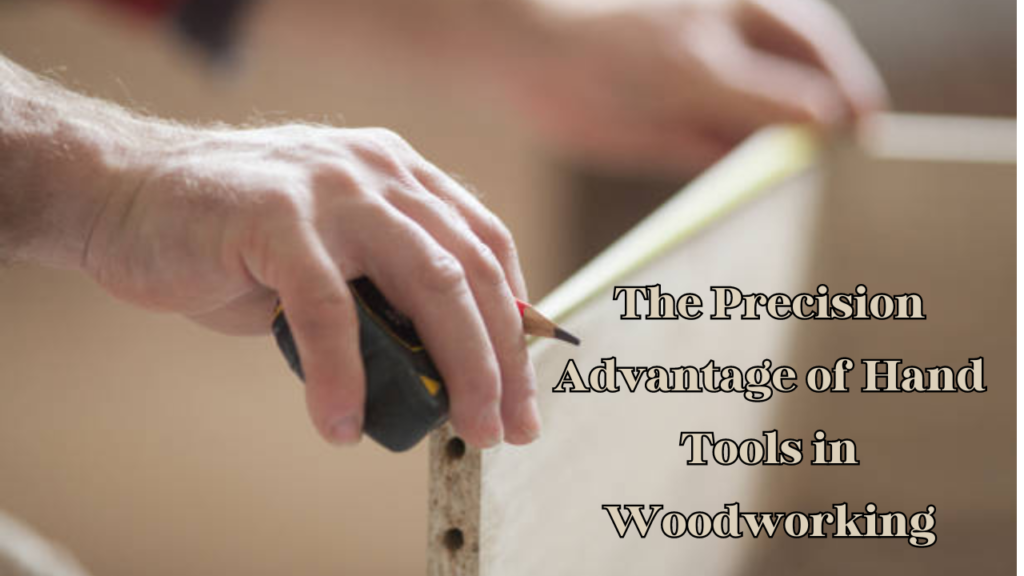
Introduction:
Woodworking is an age-old craft that has evolved with the introduction of modern machinery and power Advantage of Hand Tools. While these tools offer efficiency and speed, there is an enduring charm and precision associated with the use Hand Tools in woodworking. In recent years, there has been a resurgence of interest in traditional hand tools, with craftsmen and hobbyists alike recognizing the unique advantages they bring to the craft. This article explores the precision advantage of hand tools in woodworking and why they continue to hold a special place in the hearts of artisans.
- Mastery of Technique:
One of the primary advantages of using hand tools in woodworking is the level of control they afford to the craftsman. Hand tools require a certain level of skill and mastery to yield precise results. This hands-on approach not only deepens the connection between the craftsman and the material but also allows for a greater degree of precision in shaping and finishing.
- Unparalleled Sensitivity:
Hand tools provide a tactile feedback that power tools often lack. Craftsmen can feel the grain of the wood and subtle changes in resistance, allowing them to make instant adjustments for a more accurate outcome. This sensitivity is crucial when working with intricate designs or delicate materials where precision is paramount.
- Customization and Flexibility:
Hand tools offer a level of customization that is hard to achieve with power tools. Craftsmen can modify their tools, create specialized jigs, and adapt techniques to suit the unique requirements of a project. This flexibility enables the artisan to tackle a broader range of tasks with precision, from intricate carvings to refined joinery.
- Reduced Noise and Disturbance:
Power tools, while efficient, often produce a significant amount of noise and vibration. Hand tools, on the other hand, operate quietly and without the need for ear protection. This makes them an attractive option for woodworkers working in shared spaces or those who value a quieter, more contemplative workshop environment.
- Enhanced Safety:
While all tools carry inherent risks, hand tools generally pose fewer safety concerns compared to power tools. The slower pace and manual control associated with hand tools allow craftsmen to react more quickly to changes in the material or unexpected situations, reducing the likelihood of accidents.
- Connection to Tradition:
Using hand tools in woodworking is a nod to tradition and craftsmanship. Many artisans appreciate the historical significance of hand tools and find joy in practicing a craft that has been passed down through generations. This connection to tradition often leads to a deeper appreciation for the process and a commitment to achieving the highest level of precision in every project.
Conclusion:
While power tools have undoubtedly revolutionized the field of woodworking, the precision advantage of hand tools remains unmatched. Craftsmen who choose to incorporate hand tools into their practice often do so out of a love for the craft, a desire for greater control, and an appreciation for the timeless traditions of woodworking. In a world that values speed and efficiency, the precision and artistry of hand tools continue to carve out a special place for themselves in the hearts of dedicated woodworkers.